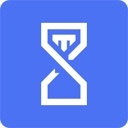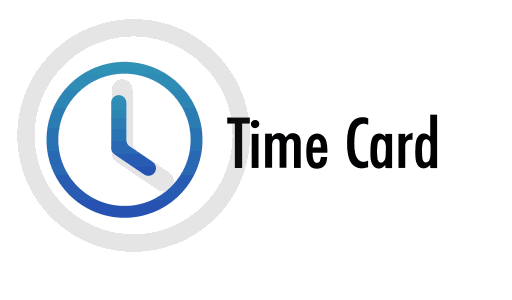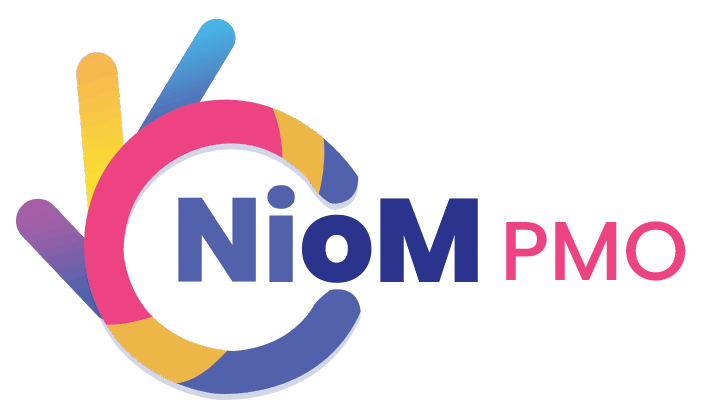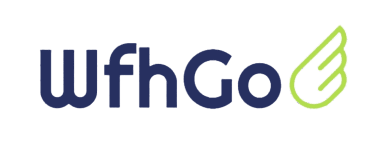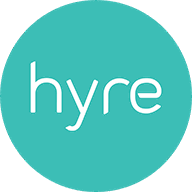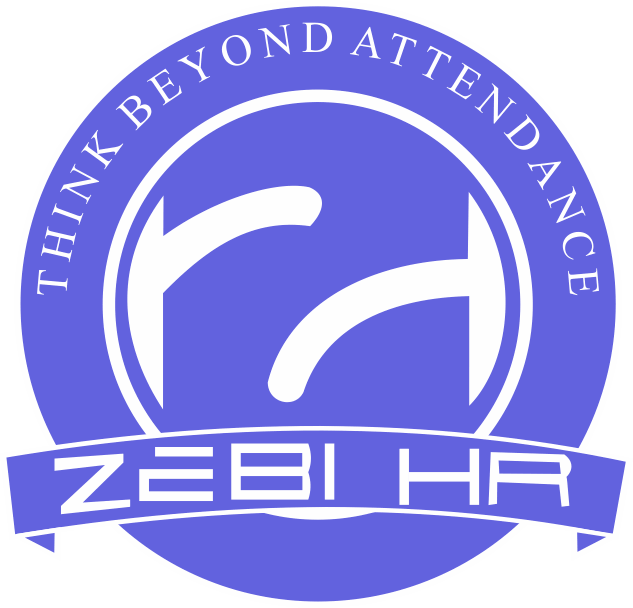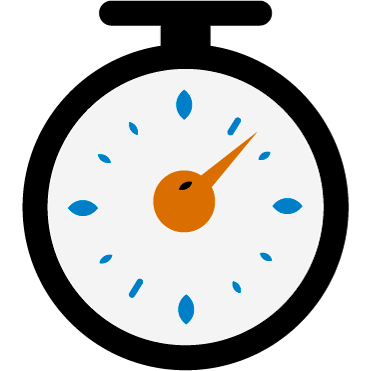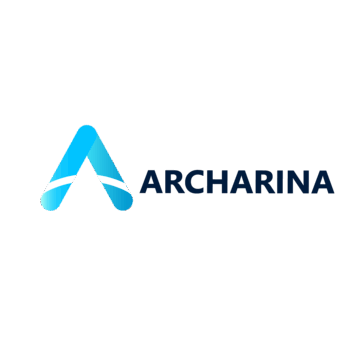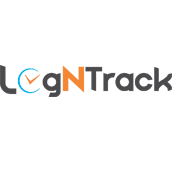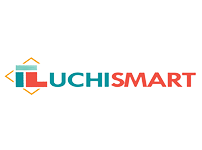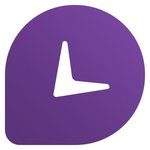What Is Employee Time Tracking Software?
Businesses may monitor and control employee work hours, attendance, and productivity with the use of employee time monitoring software. This digital system makes it easier to retain correct records, track staff time, and maximize overall productivity. This software makes it simple for staff members to record their hours and activities, giving supervisors a precise and up-to-date picture of how well their team is performing.
It frees up valuable resources to concentrate on other important duties by doing away with the laborious and prone to error manual time monitoring method. Numerous features are offered by efficient time tracking software, including reporting and analytics, project and task tracking, and clock-in/out capabilities. These features not only help with billing and payroll, but they also reveal areas for improvement and provide information about staff productivity levels.
This program is a useful tool for firms who have a remote or virtual staff because it also enables remote tracking. Managers can use it to monitor workers who work remotely and make sure they are fulfilling their duties. Businesses can save a lot of time and money by investing in employee time monitoring software.
It simplifies the time tracking procedure, cuts down on pointless administrative work, and helps prevent expensive mistakes or payroll inconsistencies. All things considered, employee time monitoring software is a vital resource for contemporary companies. Employee time is tracked accurately, effectively, and transparently, which eventually boosts output, saves time and money, and enhances overall corporate operations.
What Are The Recent Trends In Employee Time Tracking Software?
Since businesses have understood how important it is to precisely track and manage their employees' time, employee time tracking software has been increasingly popular in recent years. Because of this, the technology and functionality that these software programs offer have advanced quickly, making it essential for organizations to keep up with the most recent developments in this field. Let's examine some of the most important developments in employee time monitoring software that purchasers need to be aware of.
1. Cloud-Based Solutions: The move to cloud-based solutions is one of the main trends in employee time monitoring software. This greatly increases the efficiency of remote work by enabling companies to access the software at any time and from any location. Cloud-based solutions are a popular option for companies of all sizes because they provide improved data protection and scalability.
2. Mobile Applications: It should come as no surprise that employee time monitoring software has adjusted to the growing popularity of mobile technologies. Employees may now track their time while on the go thanks to the mobile applications offered by many software companies. In addition to increasing accuracy, this fosters a transparent and accountable culture.
3. Integration With Other Tools: Employee time tracking software has begun to integrate with other tools, including payroll systems, accounting software, and project management software, in an effort to improve efficiency and streamline procedures. Businesses find it simpler to oversee all facet of their operations in one location as a result.
4. Automated Time Tracking: Manual time tracking is error-prone and time-consuming. Many employee time monitoring programs now provide automatic time tracking options that use cutting-edge technologies like facial recognition and geo-tracking to counteract this. This gives organizations more accurate data to work with in addition to saving time and lowering errors.
5. Real-time Reporting And Analytics: Employee time tracking software can now offer real-time statistics on project expenses, overtime, and employee productivity thanks to sophisticated analytics and reporting features. This enables companies to improve their operations for optimal efficiency and make data-driven decisions.
Benefits Of Using Employee Time Tracking Software
Businesses of all sizes can profit greatly from employee time monitoring software, which offers several advantages to both employers and workers. The following are some of the main advantages of adopting software for employee time tracking:
1. Accurate And Automated Tracking: The capacity of time tracking software to precisely record the amount of time spent by staff members on various jobs and projects is one of its main advantages. This removes the need for labor-intensive and error-prone manual time tracking techniques.
2. Increased Productivity: Employers can spot inefficiencies or time-wasting activities by using time tracking software, which gives a clear picture of how workers are spending their time. Employees are able to concentrate on high-priority work and increase productivity as a result, making better use of their time and resources.
3. Improved Project Management: Managers and team leaders can get real-time information on project progress with time tracking software. This enables them to keep an eye on project due dates and make the required modifications to guarantee on-time completion.
4. Precise Invoicing: Time tracking software guarantees clear and precise invoicing for companies that bill customers according to billable hours. By automatically recording billable hours, it removes the possibility of inconsistencies that could occur from human time tracking techniques.
5. Increased Employee Accountability: Using time monitoring software encourages employees to take responsibility for their work. Employees are more likely to maintain concentrate and finish work within the allocated time when they are aware that their actions are being watched.
6. Data-Driven Decisions: Time monitoring software offers useful information on how much time employees spend on various projects and tasks, as well as on breaks and absences. Making data-driven decisions, like enhancing project schedules or pinpointing opportunities for process improvement, can be accomplished by analyzing this data.
7. Remote Work Management: Time tracking software has become even more crucial as remote work has grown in popularity. In order to make sure that remote workers are productive and meeting deadlines, it enables employers to keep an eye on and record their activities.
Important Factors to Consider While Purchasing Employee Time Tracking Software?
Purchasing a dependable and effective time monitoring program can have a significant impact on staff time and attendance management. Selecting the best solution for your company might be overwhelming due to the wide range of possibilities on the market. The following crucial elements should be taken into account when buying employee time tracking software in order to assist you in making an informed choice:
1. Features And Functionality: It's important to evaluate the demands and requirements of your company before investing in any software. Check for features like shift scheduling, time-off management, clock-in/clock-out, and reporting capabilities. Verify if the software can fulfill your unique business requirements.
2. Compatibility And Integration: Verify if the program can be easily integrated with your current systems and is compatible with them. In the long run, this will save you time and money and avoid any possible technical problems.
3. User-Friendliness: Your staff will embrace a system more quickly and require less training time if it has an intuitive interface. Choose software that is simple to use and requires little technological expertise.
4. Mobile Accessibility: For employees who work remotely or are constantly on the go, having time tracking software that is mobile-friendly is essential in today's fast-paced industry. They will be able to control their time and clock in and out from any device, giving the software real-time data.
5. Accurate Time Tracking And Reporting: Accurately tracking and recording employee time and attendance is the software's primary goal. It is essential to make sure the software produces accurate reports for payroll and compliance needs and includes dependable time tracking features like GPS or biometrics.
6. Data Security: Since the software contains sensitive employee data, data security must be given top priority. To safeguard the data of your company, look for software that provides encryption, frequent data backups, and secure cloud storage.
7. Customer Service: Selecting software that provides prompt, dependable customer service is crucial. Having a support staff to help you with any technical problems or inquiries can help you save time and save frustration.
8. Scalability And Flexibility: The number of employees in your company will increase as it expands. Select software that will allow you to add new staff, departments, and locations as needed in the future without incurring extra fees or creating new issues.
9. Cost And Value For Money: The software's cost and the value it offers your company should be taken into account, but pricing shouldn't be the only determining factor. Before buying, evaluate the software's features, capabilities, and advantages. You can select employee time tracking software that meets the needs of your company and optimizes your time management procedures by keeping these things in mind.
What Are The Key Features To Look For In Employee Time Tracking Software?
When it comes to employee time management, precision and effectiveness are essential. Software for tracking employee time is useful in this situation. By automating the tracking and management of employee work hours, this application offers enterprises a practical and error-free solution. Finding the best employee time tracking software for your company can be overwhelming, though, because there are so many options on the market.
Here are the main characteristics to consider in employee time tracking software to assist you in making an informed choice:
1. Time Monitoring And Reporting: Accurately recording and reporting employee work hours is the first and most crucial element to take into account. Seek software that enables real-time clock-in and clock-out for staff members, tracks overtime and breaks, and produces comprehensive reports for convenient monitoring.
2. Multiple Time Entry Methods: A smart time tracking program should provide employees with multiple ways to enter their work hours, including mobile apps, physical time clocks, and web-based timesheets. For those who work in multiple places, this offers ease and flexibility.
3. Integration With Accounting And Payroll Systems: Select software that easily interfaces with your accounting and payroll systems to save time and minimize errors. This guarantees correct and timely employee payments and does away with the need for human data entry.
4. Project And Task Tracking: Having a system that can precisely track the amount of time spent on each project or task is crucial for companies that bill by projects or tasks. Seek out software that enables you to delegate tasks and projects to staff members, set them up, and monitor their progress.
5. Easy-To-Use Interface: The program should have an intuitive interface that doesn't take a lot of training to utilize. This will lessen the possibility of mistakes and guarantee a seamless adoption by your staff.
6. Mobile Compatibility: It's critical for software to have a mobile application or be compatible with mobile devices in the current digital era. This improves accuracy and convenience by enabling workers to log their time even when they are on the go.
7. Customizable Settings: Seek out software that lets you change things like time rounding, overtime regulations, and pay rates. This guarantees that the software satisfies the unique demands and specifications of your company.
8. Data Security: Selecting a safe choice is crucial because employee time monitoring software handles sensitive employee data. To safeguard your data, look for software that provides data encryption, frequent backups, and more security features. You may discover the ideal employee time tracking software for your company by taking into account these important aspects. To be sure you are receiving the best deal, don't forget to check prices and read reviews. You may increase the efficiency and profitability of your company and optimize your time tracking process with the correct software.
Why Do Businesses Need Employee Time Tracking Software?
Although there are a number of reasons why businesses want employee time tracking software, the primary goal is to boost internal productivity and time management. Time is a precious resource, and in order to guarantee optimal use, companies must watch and monitor how their staff members are using it. Accurately tracking the amount of time spent on various tasks and projects is one of the main advantages of employing employee time tracking software for businesses.
Employers can then find any inefficiencies or time-wasting practices and take the appropriate action to fix them. By removing wasteful spending, this not only increases production but also lowers costs. Additionally, manual timekeeping techniques like spreadsheets and punch cards which are prone to mistakes and are readily manipulated are eliminated by employee time monitoring software.
Businesses can utilize digital time tracking to obtain precise and trustworthy data for project tracking, client billing, and payroll computations. The fact that time monitoring software offers real-time insights into employees' activity is another benefit of employing it. To guarantee that projects are completed on schedule, employers can keep an eye on job progress, spot delays, and make the required corrections.
This enhances responsibility and transparency within the company in addition to helping to achieve deadlines. Additionally, a consolidated platform for scheduling, vacation time, and time-off requests is provided by employee time tracking software. This guarantees equitable workload sharing among staff members, expedites the procedure, and lessens misunderstandings and disputes.
Along with these advantages, time monitoring software aids in identifying both high-performing staff members and those who might want more assistance and training. It offers data-driven insights that may be applied to performance reviews and well-informed choices on bonuses, training initiatives, and promotions.
How Much Time Is Required To Implement Employee Time Tracking Software?
The size and complexity of your company's operations, as well as the particular software you select, will all affect how long it takes to implement employee time tracking software. But generally speaking, it can take a few days to a few weeks to properly deploy the program and get your team operational. Spend some time carefully assessing and selecting the best software for your company before beginning the deployment process.
This will entail investigating several choices, contrasting features and costs, and perhaps even asking possible vendors to provide demos. Because it lays the groundwork for a successful implementation process, this first stage is essential. The next step after choosing a time tracking program is to set it up and customize it to your business's unique requirements. This may entail establishing various projects or tasks, incorporating employee data, and developing pertinent reporting frameworks.
The complexity of your business's operations and the software's customization features will determine how much time and work this phase takes. Following the initial setup, you will need to provide your staff with comprehensive software training. For basic software, this could take a few days, but for more complicated systems, it could take many weeks.
Before the program is fully deployed, it is crucial to make sure that every employee is at ease and knowledgeable about it. In order to find any possible problems or places that might require more customisation, it is crucial to test and perform trial periods of the software before implementing it fully. This will lessen the likelihood of any interruptions after the program is fully deployed.
What Is The Level Of Customization Available In Employee Time Tracking Software?
Different degrees of customisation are available in employee time tracking software to meet the specific requirements of various companies. The software vendor and the particular capabilities that the software offers determine the degree of customisation that is possible. Employee time tracking software primarily enables companies to monitor the time and attendance of their staff members, but it also provides a number of other functions that may be tailored to the needs of the organization.
The time tracking feature is among the most often altered features of this program. While some companies would choose manual entry, others might choose GPS-based tracking or automated tracking using biometric technology. In accordance with the norms and regulations of the business, the program can also be customized to incorporate certain work hours, shift patterns, and break policies.
Additionally, companies can modify the software to track several time categories, including vacation, sick leave, overtime, and ordinary working hours. This degree of personalization guarantees equitable compensation and adherence to labor regulations by enabling precise and effective tracking of different kinds of employee time. The capacity to interface the software with other corporate tools and systems is another facet of customization.
Processes may be streamlined, redundant work can be avoided, and employee time across projects and departments can be seen more comprehensively thanks to this integration. Setting up different user access levels, creating unique reports, and even customizing the UI to fit the company's identity and style are further customization choices.
It is crucial to evaluate the degree of customisation offered by employee time tracking software before making an investment to make sure it meets your company's requirements. Choosing software with an appropriate degree of customization can boost productivity and profitability for your company by increasing efficiency and improving time tracking accuracy.
Which Industries Can Benefit The Most From Employee Time Tracking Software?
For a variety of sectors, employee time tracking software can be very helpful in streamlining and optimizing worker productivity, precisely recording work hours, and enhancing overall organizational effectiveness. But certain industries stand to gain more from this software than others. The following are some of the leading industries that stand to gain greatly from the use of employee time tracking software:
1. Healthcare: Employee time monitoring software can be a game-changer in the healthcare sector, where precise and timely tracking of staff hours and work is essential. This program can assist healthcare institutions enhance their overall workflow and reduce errors in timecard management, from measuring the amount of time spent with patients to managing doctor and nurse shift schedules.
2. Construction: Labor expenses and time management are crucial to the construction sector. Construction organizations can effectively measure their workers' travel time, overtime, and breaks with the use of employee time tracking software. Better project management, cost reduction, and higher profitability may result from this.
3. Retail: Retail establishments frequently employ a sizable workforce dispersed among several sites and shift schedules. They can effectively manage employee schedules, keep an eye on remote working hours, and stop time theft with employee time tracking software. This guarantees accurate payroll and employee hour tracking in addition to streamlining operations.
4. Professional Services: Employee time tracking software is especially useful in fields where employees are paid by the hour, such as accounting, consulting, and law. It can create reports for customer billing, precisely measure billable hours, and maintain a log of time spent with each client. Accountability, billing accuracy, and customer happiness all increase as a result.
5. Education: Employee time tracking software may help schools, universities, and other educational institutions check attendance, manage teacher calendars, and allocate resources as efficiently as possible. Additionally, it can be useful for tracking research time, keeping track of student worker hours, and maintaining data for financing and grant compliance.
6. IT And Software Development: Since project costs and deadlines are directly related to productivity in this sector, employee time tracking software can be quite helpful. It can assist in tracking project progress, managing several projects at once, and giving information about how time and resources are being used. Better project management, enhanced client communication, and higher profitability can result from this.
Conclusion
To sum up, selecting the best employee time tracking software for your company is essential to optimizing workflow, raising output, and boosting profitability. Prior to choosing, you should evaluate your needs and financial situation, look into your possibilities, and make use of free samples and demonstrations to make sure the program satisfies your needs.
Features, customization choices, customer service, and integration potential should all be taken into account while assessing software. Additionally, consider the software's scalability and adaptability to the expanding and evolving needs of your company. You may choose the best employee time tracking software for the profitability of your business by carefully weighing your options and following these steps.
Keep in mind that purchasing the appropriate time tracking software can have a significant positive impact on your company over time. We appreciate your consideration of our buyer's guide and hope it helped you make a decision.

